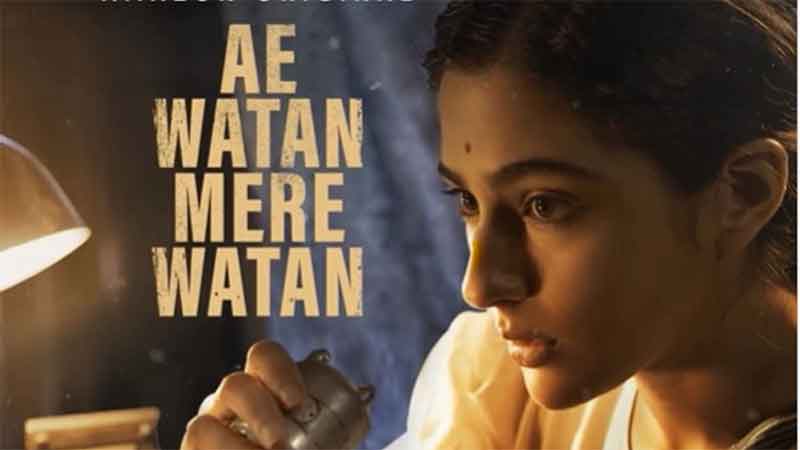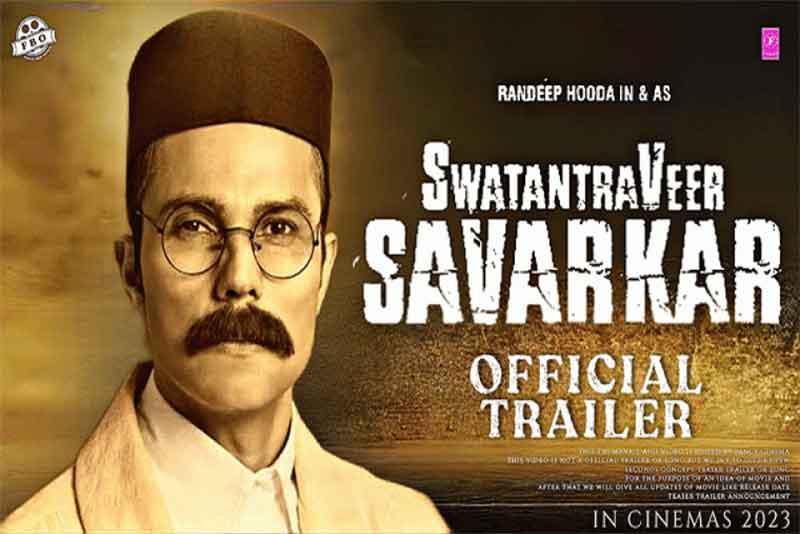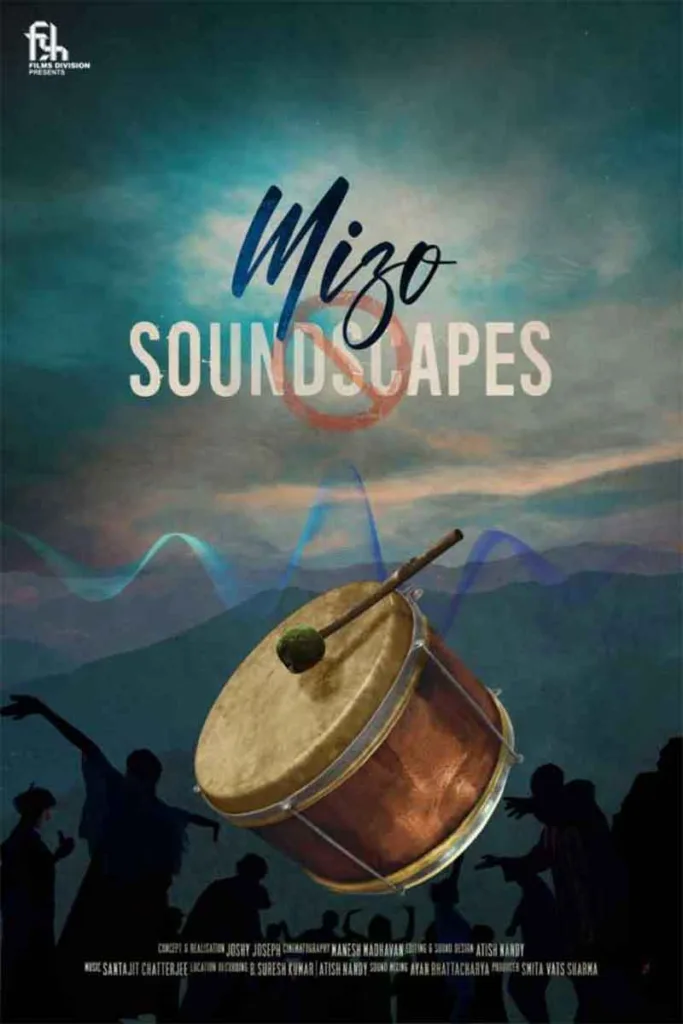
“And then both of them disappeared?!” – the kid asked his father with utter amazement. The father didn’t reply, only a strange smile spread across his face. The movie ended. The audience got up from their chairs but still, there was no humming inside the theatre. Everyone spellbound. The legend got us all.
I entered the movie theatre with enough scepticism, doubting the hype about it, but by the end of it, I was taken aback by its brilliant treatment to the storyline. Kantara is being praised for genuine other reasons, but one aspect that deserves its own share of applause is – its justified recognition of the importance of folklore. To understand why this makes a special case, we have to understand first what folklores are. Folklores are magical – not because there is magic in it, but because there is meaning to it. These are not just stories and legends, these are part of indigenous culture – a treasure trove of an in-depth knowledge system, known as the Indigenous / Traditional Knowledge System (IKS/TKS), which is often overlooked or misunderstood by the mainstream.
Simply put, Indigenous knowledge is embedded in the cultural traditions and practices of communities with a long history of interaction with nature. A knowledge system that evolved independent of and prior to modern science and it evolved in almost all communities. And, it guides them with the fundamental aspects of their day-to-day life. But this decision-making reasoning often takes the guise of rituals and convolutes common sense. For example, a sacred grove is sacred by cultural practice, but the underlying ethnoscience is – it harbours the biodiversity that may work as a source of other natural resources they are depending on. So, ‘don’t harm that vine in the sacred grove, else the deity will get upset and fetch bad omen’ is basically not superstition but a pearl of wisdom acquired over time to protect vital resources from exploitation. Or a ‘bhumi-pujan’ before ploughing was not a ritual to be followed, but a cultural practice to subtly tie the community with the fertile land with respect. It’s a knowledge system, as ecologist Dr Fikret Berkes observed, that can be approached scientifically or can be danced upon and narrated as legends. And that is what is exactly happening here.
Actor-director Rishab Shetty premised Kantara on this practice-oriented, faith-based knowledge complex which is very own to the tribal communities to animate their struggle for survival. Which also appears to be a struggle for saving nature, and conserving the forest. And these two are often interconnected. Kantara has shown the courage to get into this interconnection, often a no-go for Indian movie-makers. Shetty braved to do that and did that remarkably.
He offered a power-packed masala movie with all ingredients of a typical box-office hit, but the masalas are so well-blended that it transcends the typicality. A grand cinematic experience that takes the viewers to a different world altogether, made them believe in the legend, and bow their heads in awe in front of the tribal demigod Panjurli, the guardian of the forest. The movie won laurels for its absolute brilliance in multiple aspects but a special standing ovation for Rishab for picking up this outcasted ignored tribal as well as an environmental issue.
The so-called uneducated indigenous communities may not know the science as we know it, but they know how to extract the root of a plant without killing it, they know where to stop – before that tuber, this wild boar, or that tree start to exhaust. They know how to harvest resources without ravaging the forest. And how do they do it? By designating sacred groves, creating taboo species, observing hunting restrictions, performing harvesting rituals that imbibe a sense of ethical obligation, bind them in mutual respect with nature. And as ecologist Dr Madhav Gadgil identifies, all these are embedded in stories, dances, rituals, and belief-system – believing that ‘if we follow the do’s and don’ts, the demigod will protect us by protecting the forests’. The causation takes the back seat, all matters are awe. In the movie, there are references to such cultural practices of the community. What may apparently look like superstition, may have a deeper meaning to it. Whatever our mainstream science fails to make sense of, not necessarily a gibberish or a native voodoo.
Modern science has made us question everything (which is of course not bad!), but it made us question so much that it made us arrogant, robbed us of the sense of respect, made us egoist and to believe that if it is not the modern science way, there cannot be any other way. This blazing light of this chauvinist science desiccates the romanticism of the mystery and blinds the awe of the unknown. Kantara reminds us that. In this age of lightning-fast technology, ethnoscience reminds us of wisdom, accumulated over generations. A poetic form of which is – “if you press your ears against the rocks, the forest will talk to you”. Where facts and greed take ethics and respect to their knees, we need legends. When common sense has no value for protecting forests and human rights and needs to be fought in the courts only to succumb, we need legends.
The beauty of Kantara is, it stands by the tribals for saving their rights, and their forests by their way – rooting itself in their knowledge-practice-belief complex. And that too in all cinematic grandeur has made the movie truly a legend!
Writer’s bio: I used to be an IT-professional who was struggling to mark his step in the field of conservation and sustainability. Now, as a PhD student at ATREE, Bangalore, I am exploring indigenous knowledge systems of the Adivasi communities of Chotanagpur plateau with a focus on mahua tree and fruit bats.















































